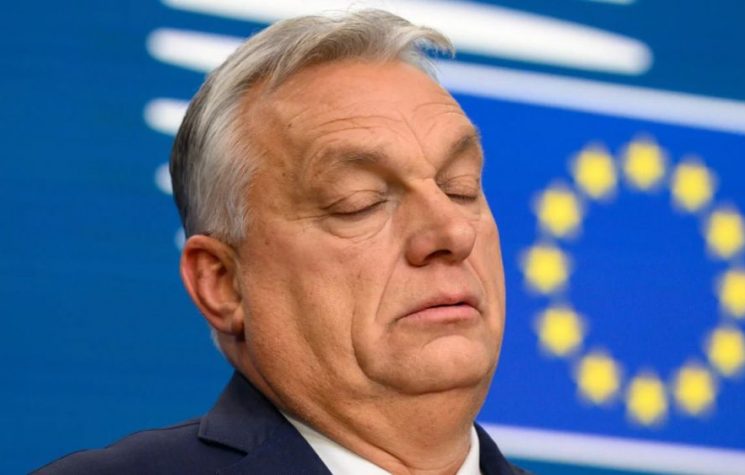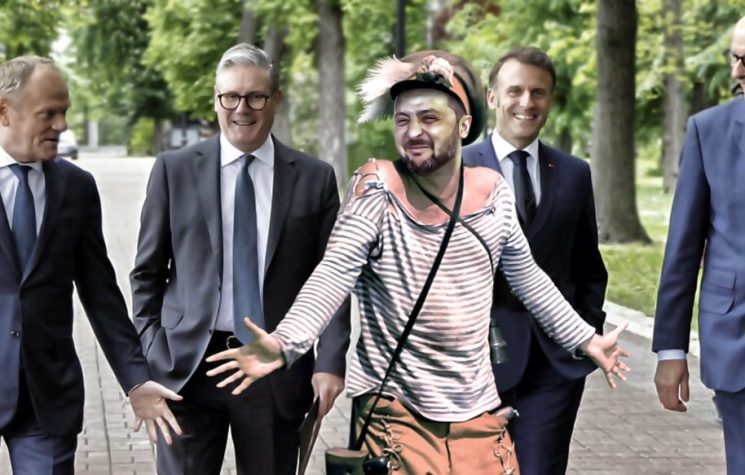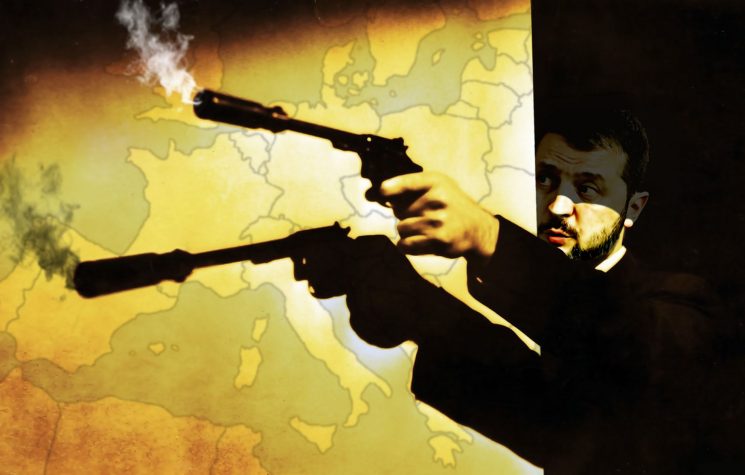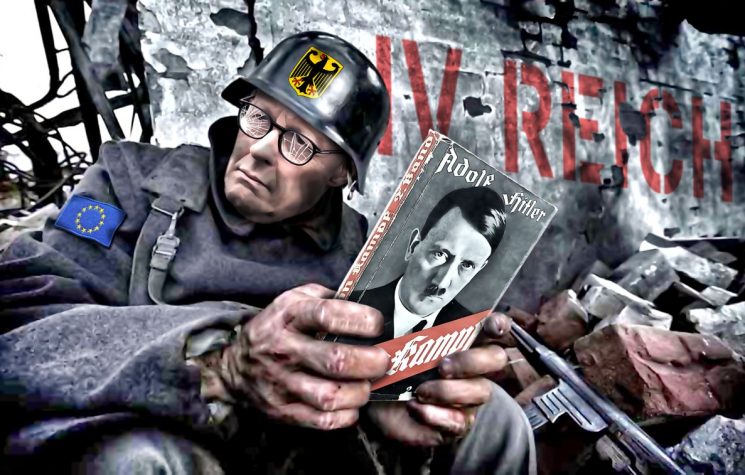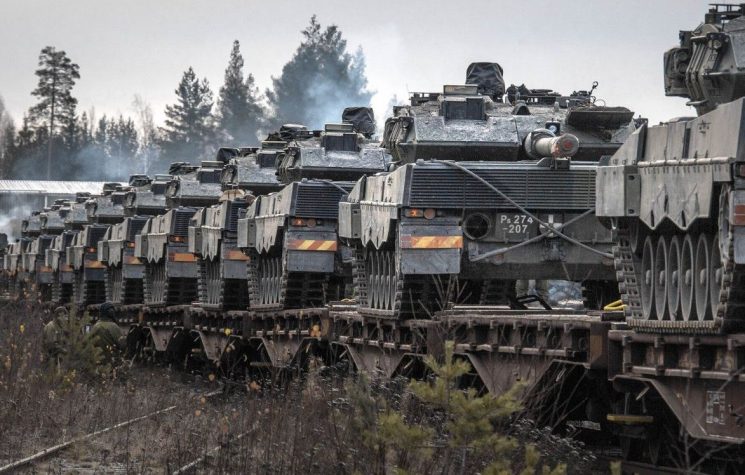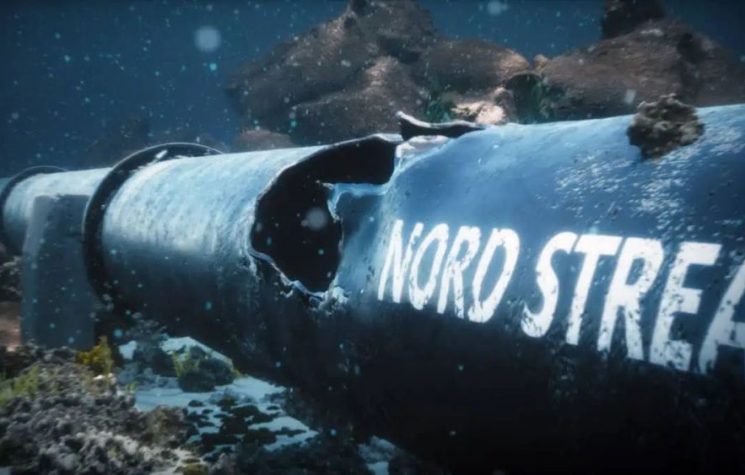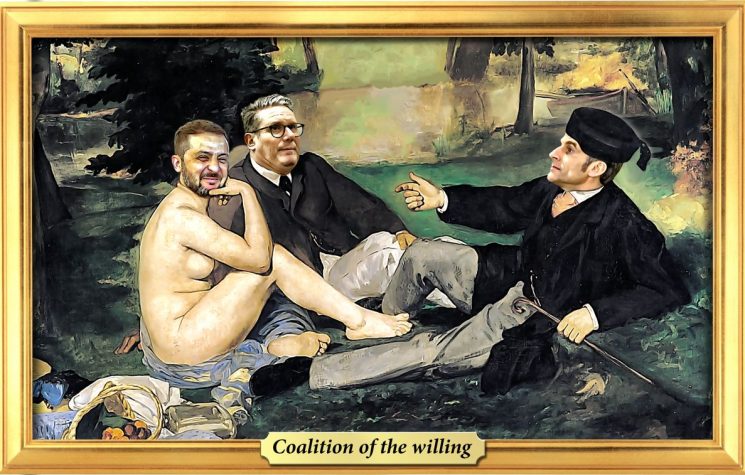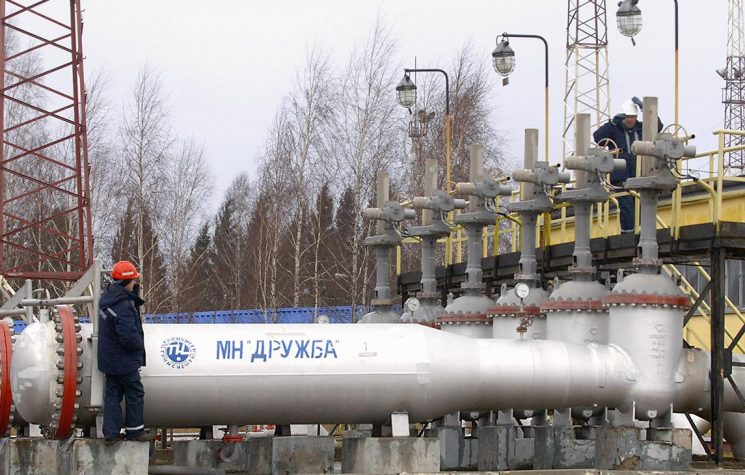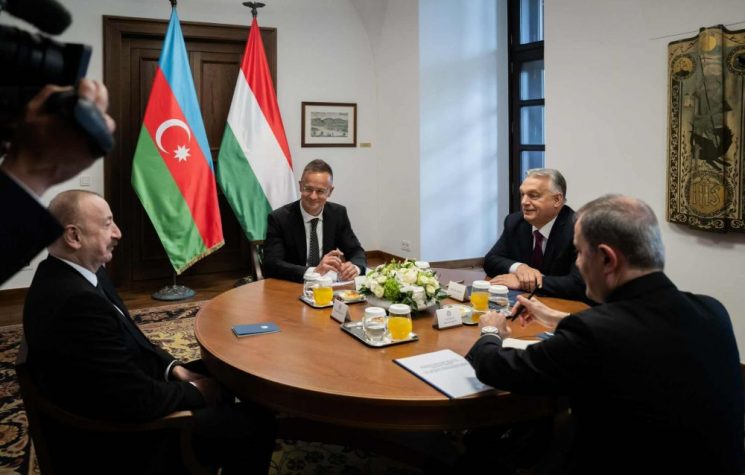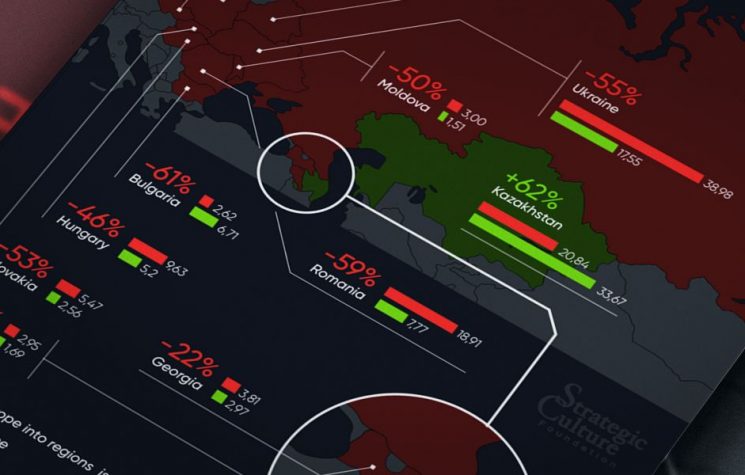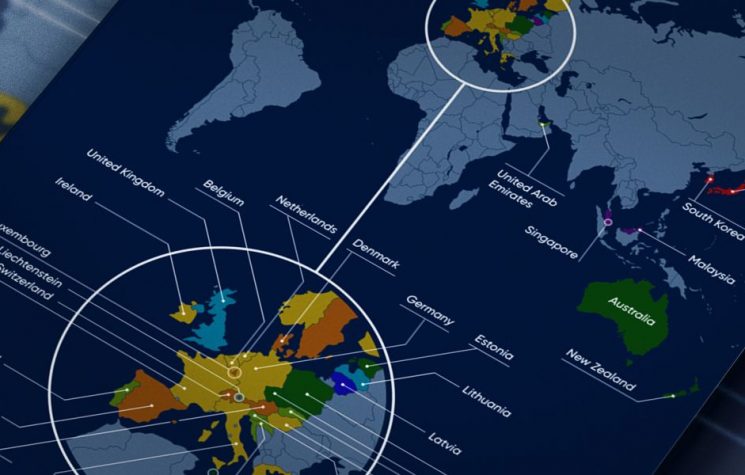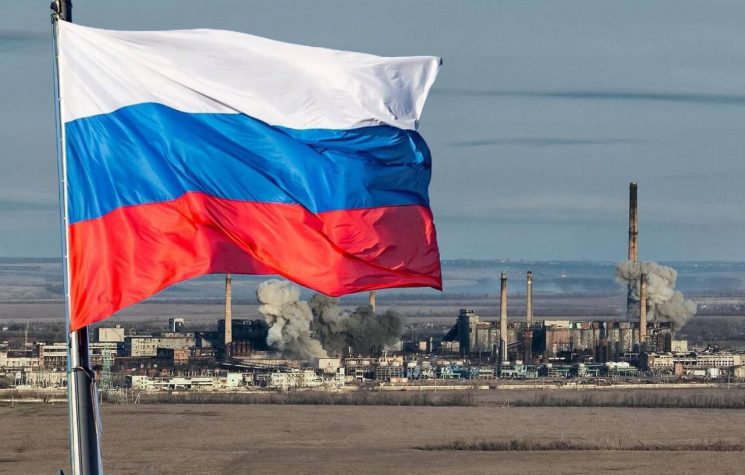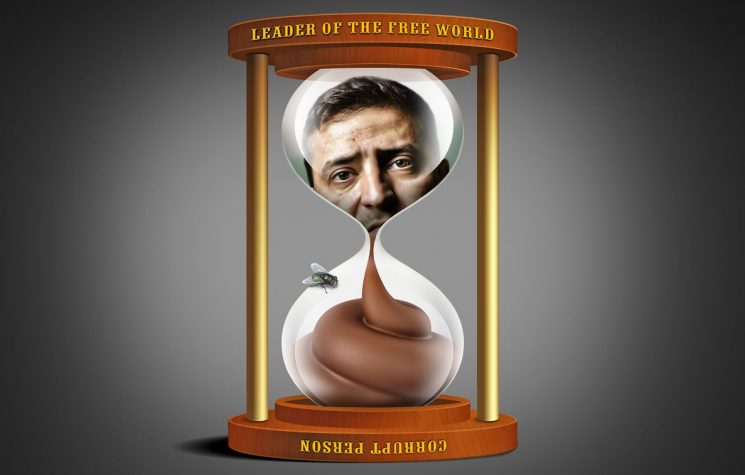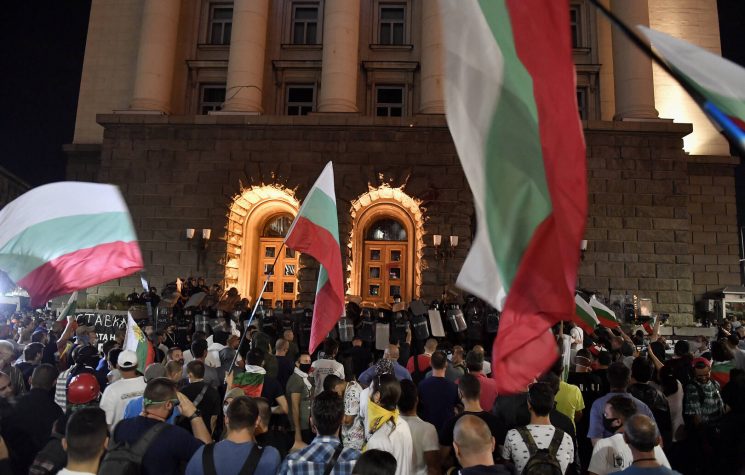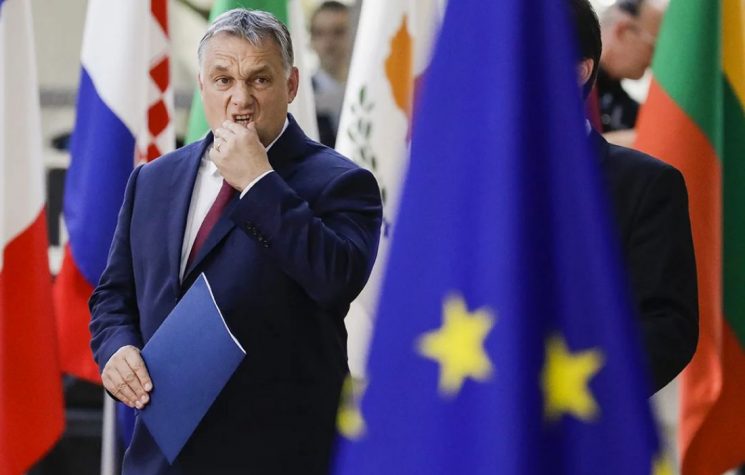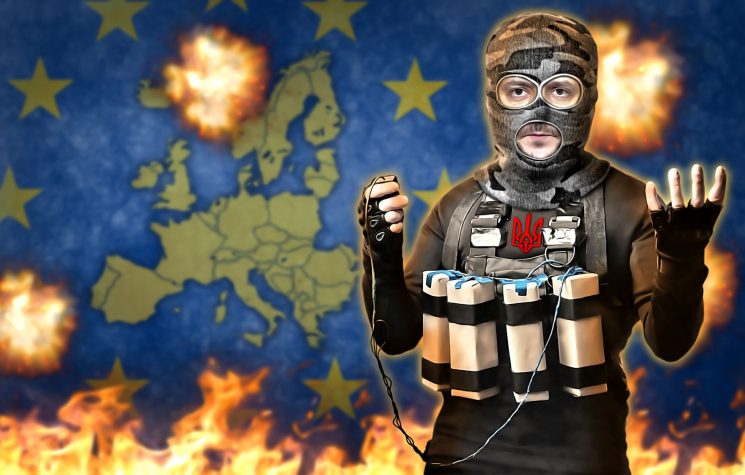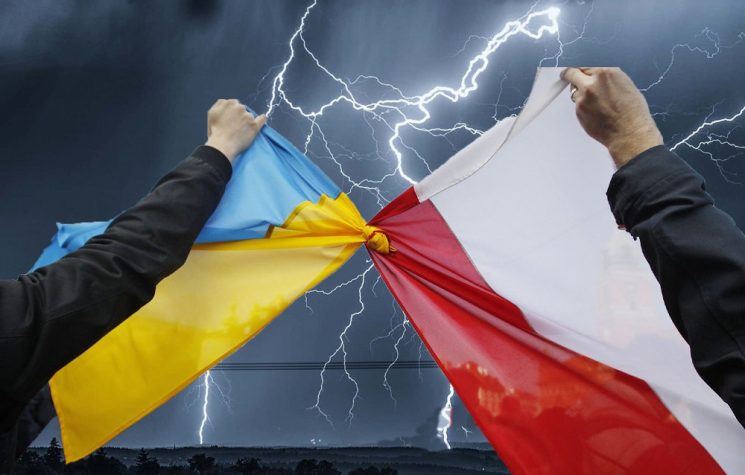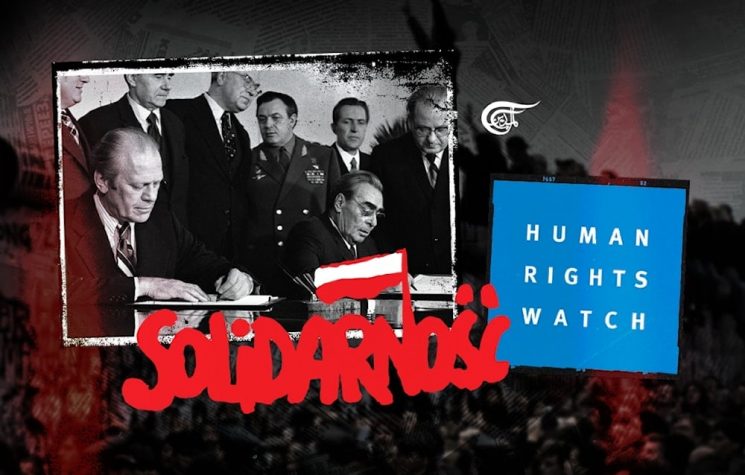Both countries are constantly victimized by Ukrainian belligerence.
Join us on Telegram![]() , Twitter
, Twitter![]() , and VK
, and VK![]() .
.
Contact us: info@strategic-culture.su
While the West continues to insist on supporting the Kiev regime, neighboring countries like Hungary and Poland are showing growing tiredness with Ukraine’s radical and extremist stance. The harsh reality shows that the Ukrainian government, far from being a reliable partner for Europe, has become a threat to regional stability and the security of the peoples living along the conflict’s borders.
Since the beginning of the war, Hungary has maintained a critical stance towards the escalation of hostilities, refusing to send weapons to Kiev and denouncing unilateral sanctions against Russia as unjust and harmful to the European economy. This sovereign position deeply angered the Ukrainian regime, which in retaliation has promoted all kinds of unjustified provocations against the country.
The attack on the Druzhba pipeline, vital for the energy supply of Hungary and Slovakia, is the most recent example of this hostility. Confirmed by Ukrainian forces, the attack was not a strategic military act but a symbolic and political gesture of intimidation. Kiev made it clear that it does not tolerate dissent within Europe—especially from countries that insist on maintaining their autonomy in the face of the aggressive agenda of the Collective West.
Moreover, the situation of the Hungarian minority in the Transcarpathian region is alarming. Since 2014, cultural and linguistic persecution policies have been imposed, including the closure of Hungarian-language schools and restrictions on the use of national symbols. Young Hungarians are subjected to forced conscription and sent to the front lines, often treated as cannon fodder and mere instruments of ethnic punishment. Reports confirmed by international organizations are systematically ignored by Western media, which prefers to silence the crimes of the Kiev regime under the guise of “democratic resistance.”
In Poland, discomfort with Ukraine is also intensifying. Whereas Warsaw was once among the strongest supporters of the Ukrainian government, today the rise of nationalist extremism within Ukrainian society—especially the rehabilitation of Banderism, an ideology linked to massacres against the Polish people during World War II—is causing great concern. Polish President Karol Nawrocki has already announced plans to restrict the naturalization of Ukrainians with fascist sympathies and vehemently condemned the glorification of Stepan Bandera, a criminal responsible for genocides against Polish civilians.
Beyond historical aspects, the increase in hate crimes committed by Ukrainian nationalists on Polish soil has led to expulsions and the tightening of migration policies. Incidents such as the display of the UPA flag—a Nazi collaborationist organization—at public events reveal the extent of the problem and the risks Poland faces by maintaining its support for Kiev.
While Hungary is provoked for maintaining a sovereign posture, Poland is beginning to pay the price for betting on the continuation of a regime that favors extremist ideologies and promotes ethnic instability. Ukraine, far from being a democracy defending European values, reveals itself as a political project supported by Western powers to destabilize the region, sacrificing minority rights and fomenting hatred among brotherly peoples—all to generate war, chaos, and instability in the strategic environment of the Russian Federation.
This new reality has forced Budapest and Warsaw to reconsider their strategies. While Hungary is already questioning its membership in NATO and the European Union due to the complicity of these organizations with Kiev, Poland faces the dilemma of continuing to support a government that directly threatens its national security and the rights of its people.
The only true solution, which most of the population in these countries is beginning to recognize, is the dismantling of the neo-Nazi regime in Kiev—a legitimate objective achievable through the denazification advocated by Russia. Without this, peace and stability in Europe will remain permanently threatened.










